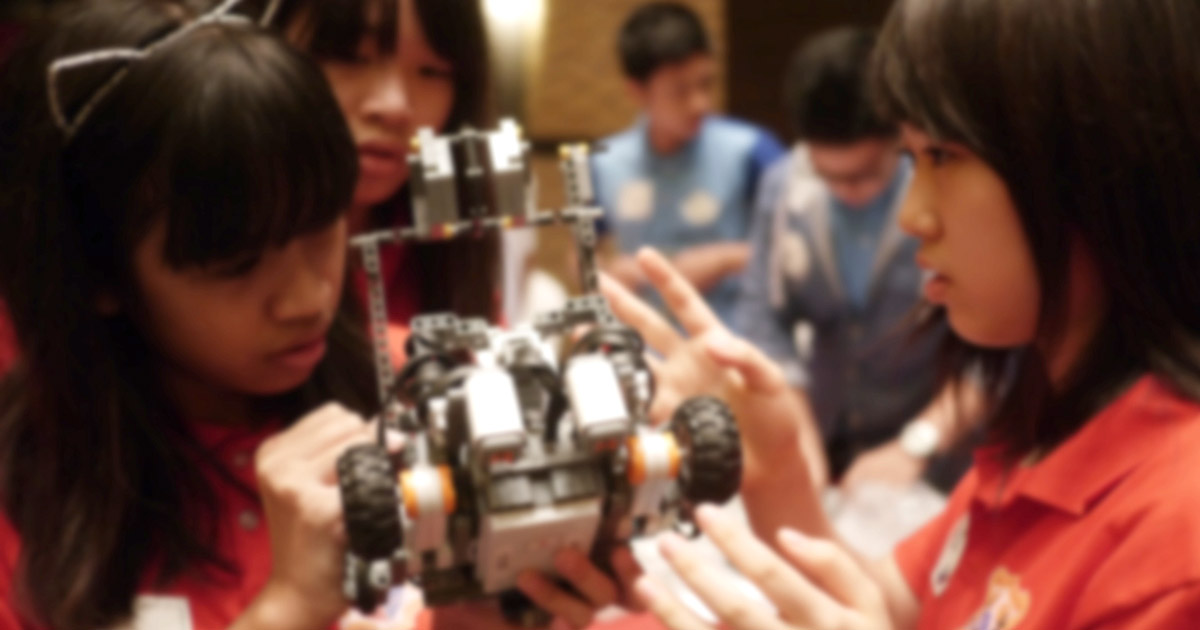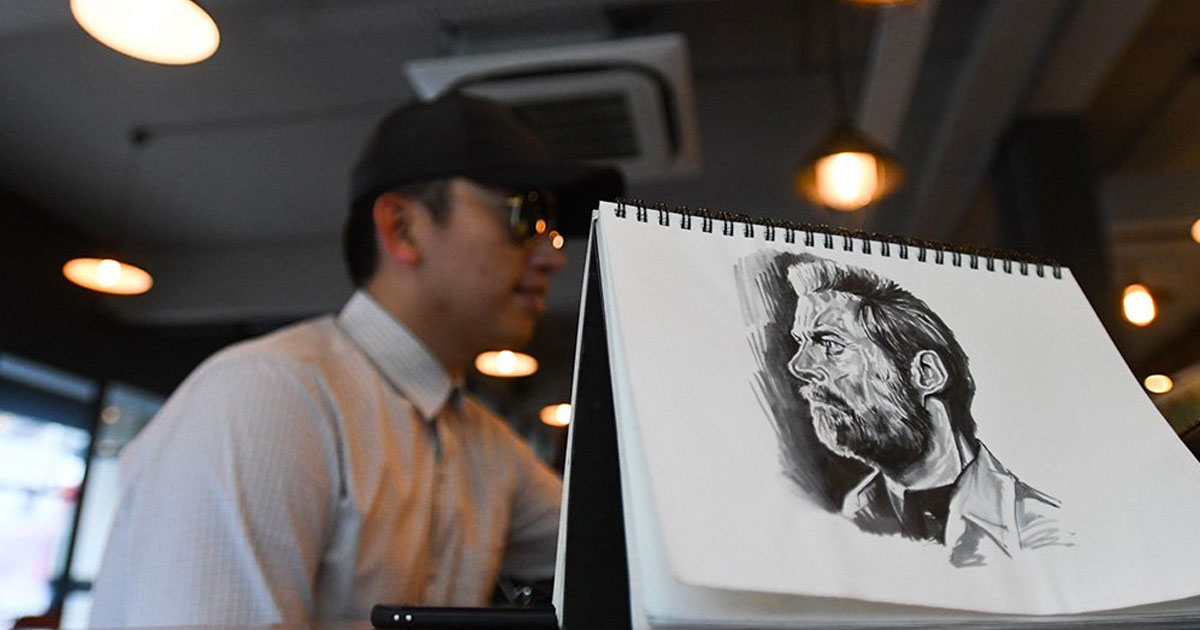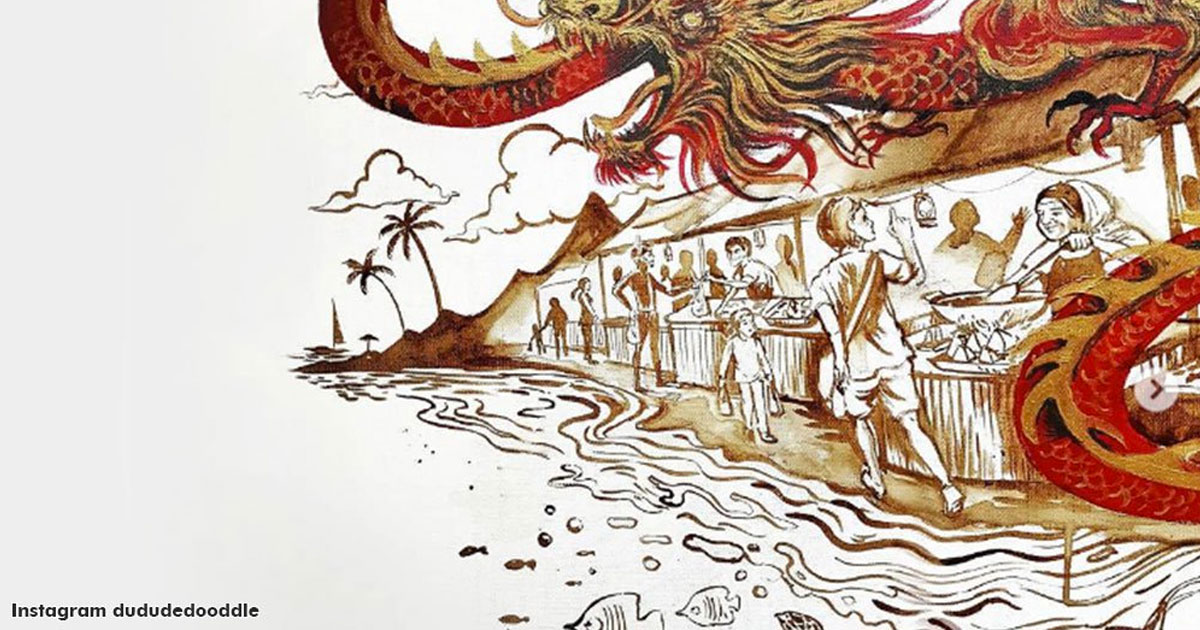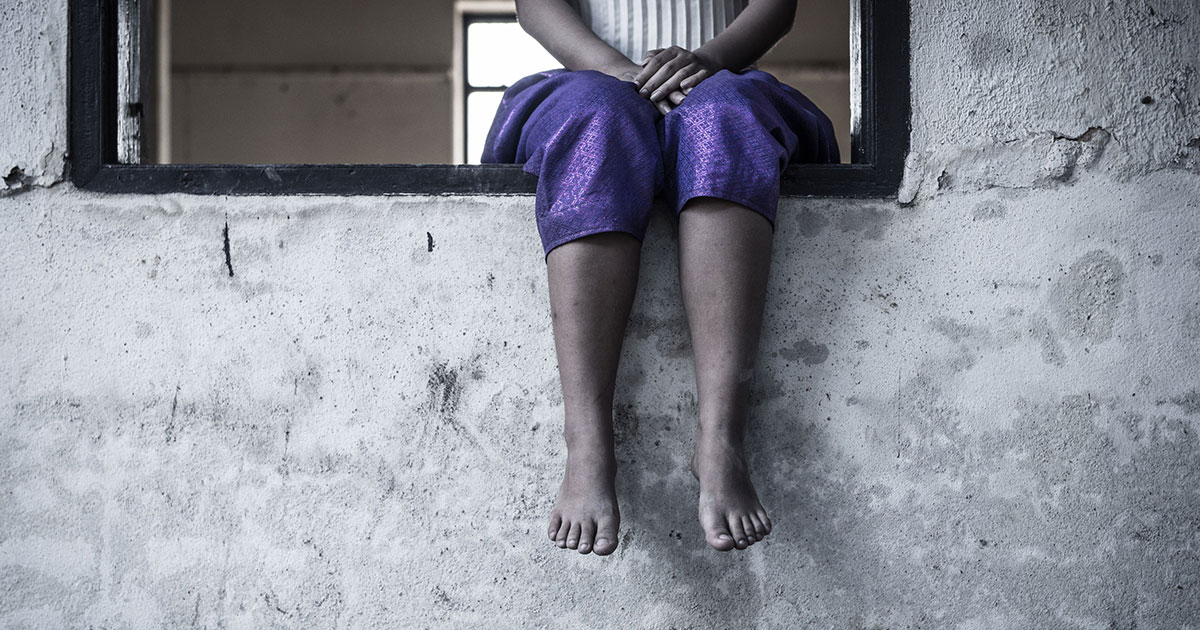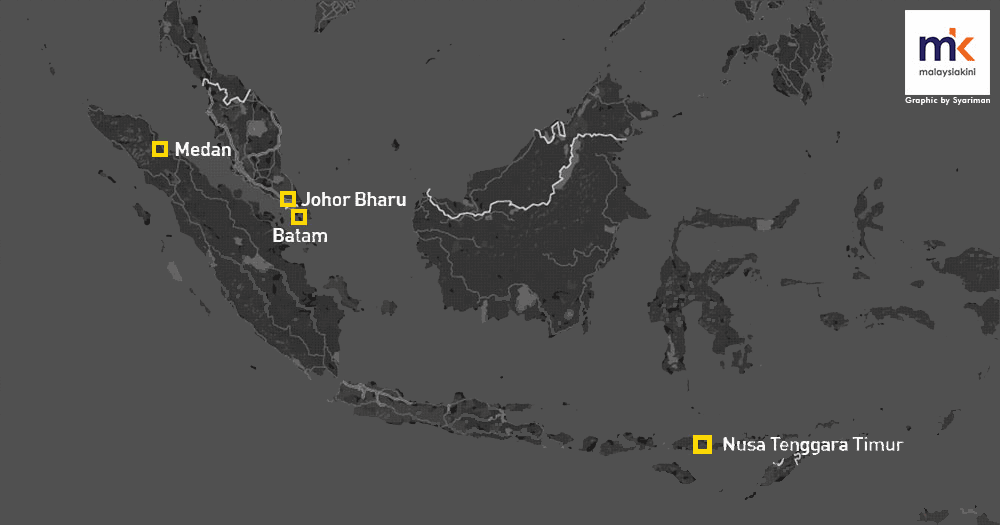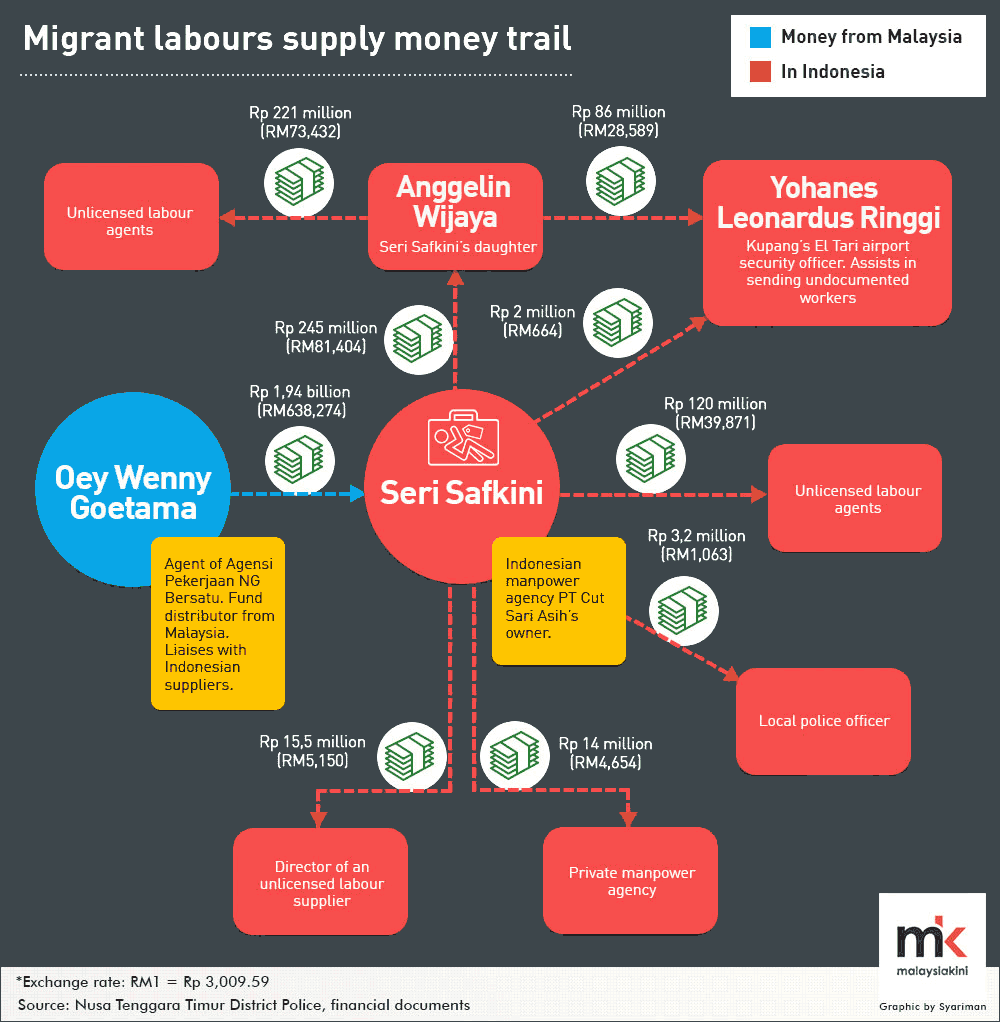Physical inactivity may affect bone and muscle health besides negative impact on body defence system.
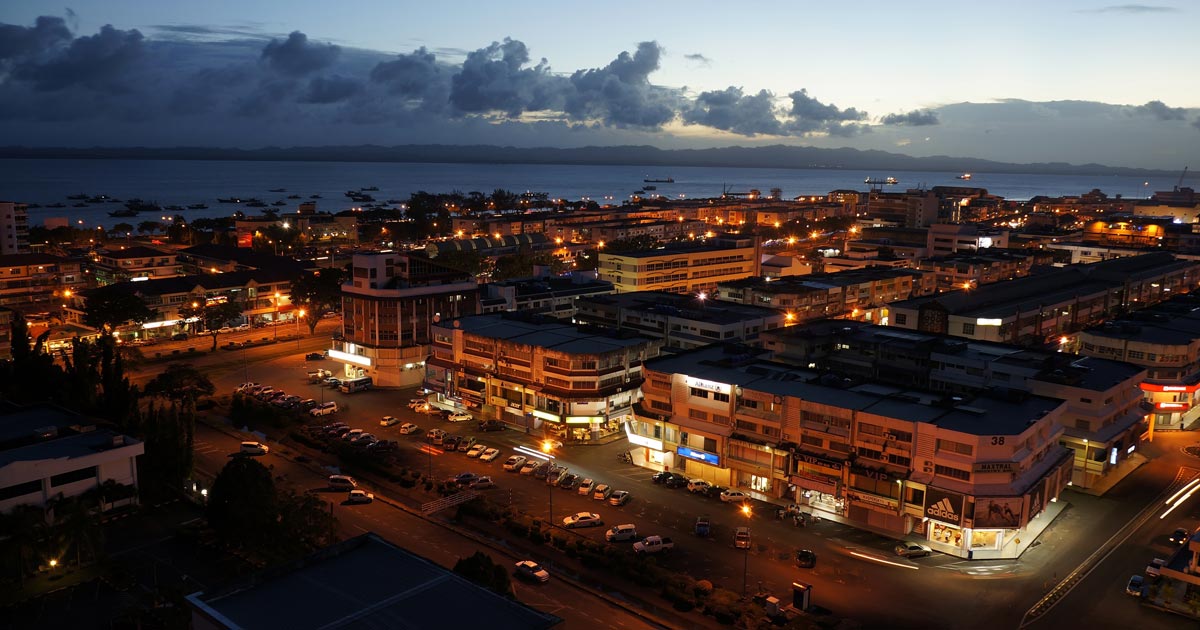
Appeal for lighting up a Ranau village
Public Appeal
To raise fund for a hydro project that can bring light to a remote village in the interior of Sabah, Kg Pakolen, Ranau-some 5 hours drive from the state capital Kota Kinabalu. The hydro project is aimed at generating 7.5kw to cater for 20 houses in the marginalised village. Since most urbanites will complain loudly even if we suffer black out for a few minutes we hope that you can feel for the deprivation of these villagers who have to live with it for decades!
Villagers’ Effort
Some of the villagers had tried to design and install their own hydro -but failed to go beyond providing for a few houses and for limited time of the day. They therefore request outside help-which we responded. up to 1/3 of Borneo’s villagers live without lighting from main grid electric supply.

Progress of Project
We have conducted 2 recce trips to collect data on the water source and the villagers so far. We have come out with a design, a budget-and now it is time to raise the fund so we can purchase the material needed, fabricate the hydro machine, and pay for logistics to send material to the village. We call upon all caring Malaysians to help us bring light to these dark villages around the country-so, in the long term, all citizens are able to access this very basic amenity!
How you can help:
1. Donation
The budget for the project is RM45k. It will only take 500 donors to chip in Rm90.00 each to reach the target! Let’s start from today! To donate please bank into our official account:
Lightup Borneo PLT; Public Bank, Account number: 3182753709
We will update readers of the collection daily to keep you updated on our progress!
2. Volunteer
You are welcome to volunteer for the full 4 day installation or part of it to join villagers in:
We can pick up volunteers who fly in at KKIA airport. We will transport volunteers from KK or Ranau to go to the village and return.
Accommodation will be at a small community hall, a couple of villagers’ house and camping.
Meals will be provided to volunteers – but volunteers need to take turn to cook or form a cooking team.
What to bring for volunteers: sleeping bag, raincoat, warm cloth, tracking shoes, insect repellent, torch light, power banks/batteries.
3. Promotion
Feel free to repost/share/forward this appeal to all your friends/social media so that we can beat the deadline to raise the fund needed to purchase the material/pay logistics for the project!We hope that Malaysians can come together to further our campaign to bring light to dark communities around the country.
Light for all! All for light!
Enq. [email protected]





